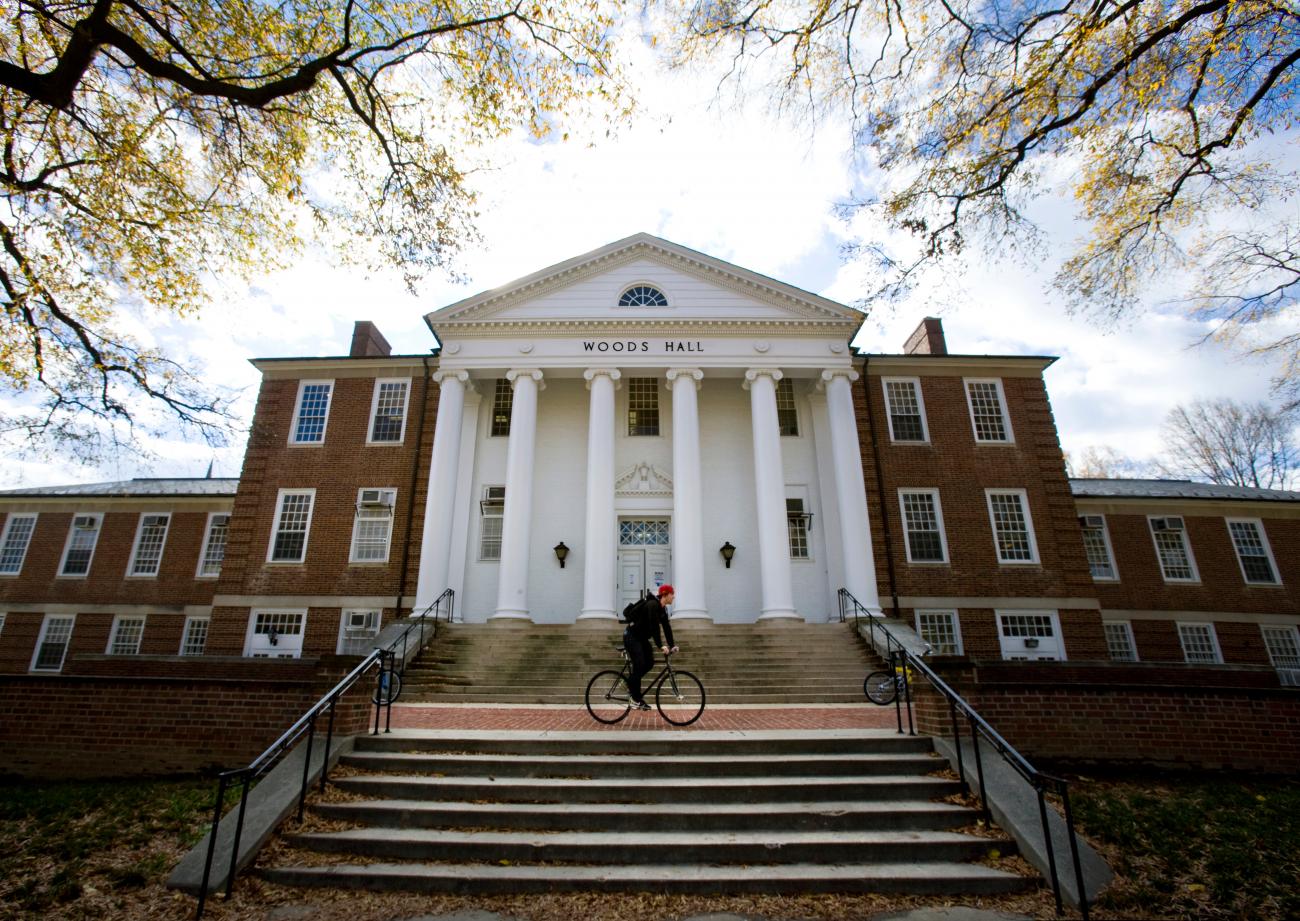In a move to expand immigration studies on the campus, this university’s Center for the History of the New America is investing half a million dollars to hire five new faculty members.
Provost Ann Wylie recently awarded $250,000 to the center as one of four cluster hires to add faculty to initiatives joining various disciplines across the campus. The amount awarded was additionally matched by funds from five academic departments connected to the center – American studies, anthropology, sociology, theatre and the languages, literatures and cultures school.
History professors Ira Berlin and Julie Greene, who founded the center last year for the study of immigration, said the center has already added one professor to come in next semester and are currently in negotiations to hire two more. Berlin said while there are already 30 to 40 existing classes that deal with immigration at the university, the additional hires would help build a group of faculty whose loyalty is not to one department but to the center as a whole.
“Connecting these new hires to the center allows the center to serve as a vehicle for generating a kind of university-wide culture and community around these issues of migration and immigration,” Greene said.
According to Wylie, university President Wallace Loh made $1 million available for cluster hires upon his arrival two years ago. “The present initiative was presented to the colleges with the intention of finding excellent opportunities across disciplines and boundaries,” Wylie wrote in an email. “The case for the Migration Studies cluster was well made by the colleges involved.”
Berlin said the additional faculty may bring those involved with the center one step closer to their goal of establishing an immigration studies program on the campus.
“Hopefully we’ll have a minor in immigrant studies and perhaps a certificate in immigrant studies as well,” Berlin said. “So we can build that program out.”
The first new hire will be Professor Esther Kim Lee, who will join the university’s theatre department in the spring. Berlin described Lee as, “the country’s most important student of Asian American Theatre.” Lee could not be reached for comment.
The center has hosted two major conferences on immigration since its founding. Berlin and Greene said they see the center as a vital tool in understanding immigration’s immense impact on our country and the rest of the world, especially considering the current volatility of global affairs.
“I think the new demographic patterns have shaped this country in ways that have been so fast moving and have interfaced so much with economic and political tensions that I think this country is still really struggling to come to terms with its meaning and how to respond to it,” Greene said.


